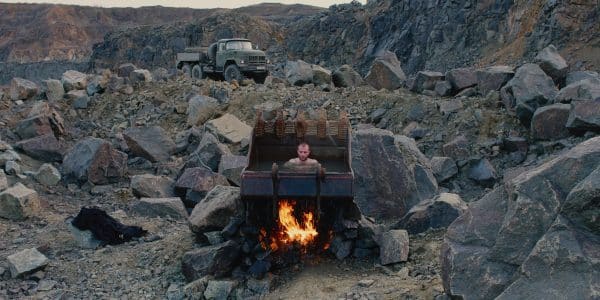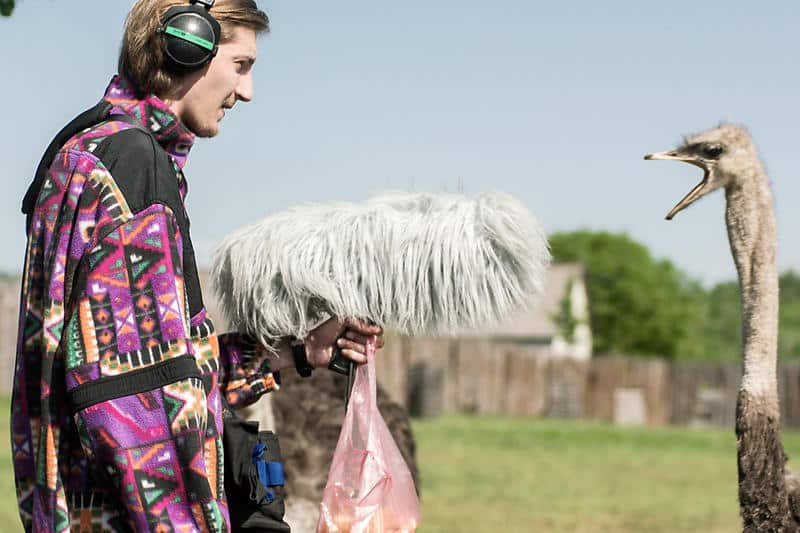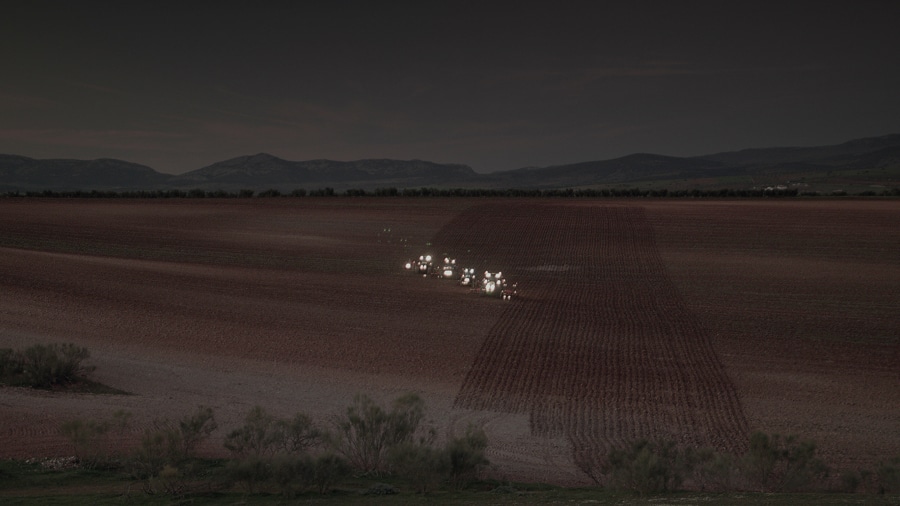Dir.: Nerijus Milerius; Cast: Juozas Budraitis, Adomas Gavenonis, Dainius Gavenonis, Rasa Samuolite; Lithuania 2022, 71 min.
Lithuanian writer/director Nerijus Milerius reflects on how death – real and fictional – affects three generations of a family of actors in this free-flowing second documentary. The important and trivial coalesce in a meandering potpourri of musings and rather impressive images of Vilnius under siege from Covid.
Adomas, a budding film director, records his elderly grandfather Juozas Budraitis coming to terms with the end of his life. Adomas wants to have a lasting memory of the old man who lives alone with his cat. His parents, actors Rasa and Dainius, talk at length about their own experiences of death on stage and in films. Rasa is not keen on playing characters whose relatives are dying, for fear this might tempt fate. But Dainius is more pragmatic: “Life converts into death”. Juozas is swift to point out the stark reality of his own demise: “only one person will leave: relatives and/or doctors are left behind”.
Adomas talks at length about the time he played the part of young director who got killed, an older filmmaker also suffered a brutal demise in the same film, and these deaths are played out in series of harrowing clips. Benas Alexandravicius, lead singer of the rebel rock band McLOUD, then makes an appearance during a rooftop performance overlooking Vilnius. Benas is proud of his revolutionary profile, but where he fits into the film is anyone’s guess.
An often rambling attempt at authenticity, most significant for its impressive images of the Lithuanian capital undergoing urban regeneration. Bulldozers make way for luxury apartment blocks in the city centre. An oddity which needed much more work to be a success. AS
VILNIUS INTERNATIONAL FILM FESTIVAL 2023




